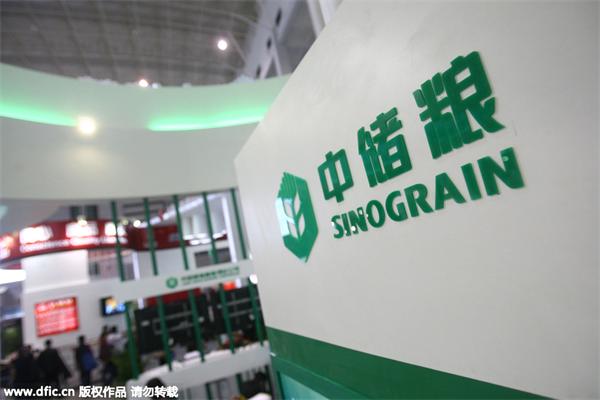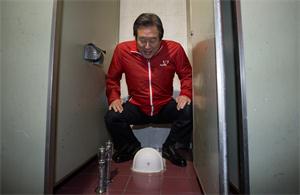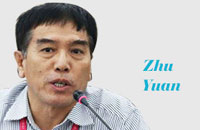Stricter supervision of SOE leaders needed
(China Daily) Updated: 2015-06-18 07:50
 |
|
Journalists have recently found that Sinograin storage managers in Liaoning and Jilin provinces have been embezzling public funds by conspiring with illegal grain merchants to put cheaper, previously harvested grain in storage but paying the price of freshly harvested grain to merchants. [Photo/IC] |
Rent seeking, nepotism and the squandering of public money on luxurious feasts and sight-seeing trips are some of the problems that the disciplinary inspection teams of the Central Commission for Disciplinary Inspection of the Communist Party of China discovered recently in nine State-owned enterprises directly under the auspices of the State Council.
These giant SOEs - PetroChina, CNOOC, China Mobile Communications Corp, China Telecom, State Grid, Southern China Power Grid Co Ltd, China Power Investment Corp, State Nuclear Power Technology Corp and China National Machinery Industry Corp - are pillar enterprises in their sectors and their well-being has a bearing on the country's overall economy.
On the one hand, we feel shocked that the abuse of power by leaders in such key central SOEs can be so rampant and serious. On the other hand, we are gratified that the inspection teams could discover these problems and tell the public about them.
However, uncovering these problems is one thing, conducting a thorough investigation to find out the truth behind the problems and bring all the perpetrators to justice is another.
Yet no matter how many difficulties lie ahead, such investigations must be done as thoroughly as possible. It may take months or even years to collect all the facts about a single case. But such efforts will definitely be worthwhile as the more perpetrators brought to justice, the more State money will be retrieved.
What is even more important for such investigations is to find out why all the watchdogs failed to discover such abuses of power in advance and stop them or report to the higher authorities about the collusion between the leaders of these SOEs and their relatives.
There are auditors who audit these SOEs every year and who are supposed to point out any irregularities or cooking of the books. There are local disciplinary inspection officials whose job is to oversee whether officials abide by rules in their work. Yet their performances were poor.
Apart from addressing all the problems discovered and bringing corrupt elements to justice, it is crucial that the mechanism of supervision over SOEs is fixed.











